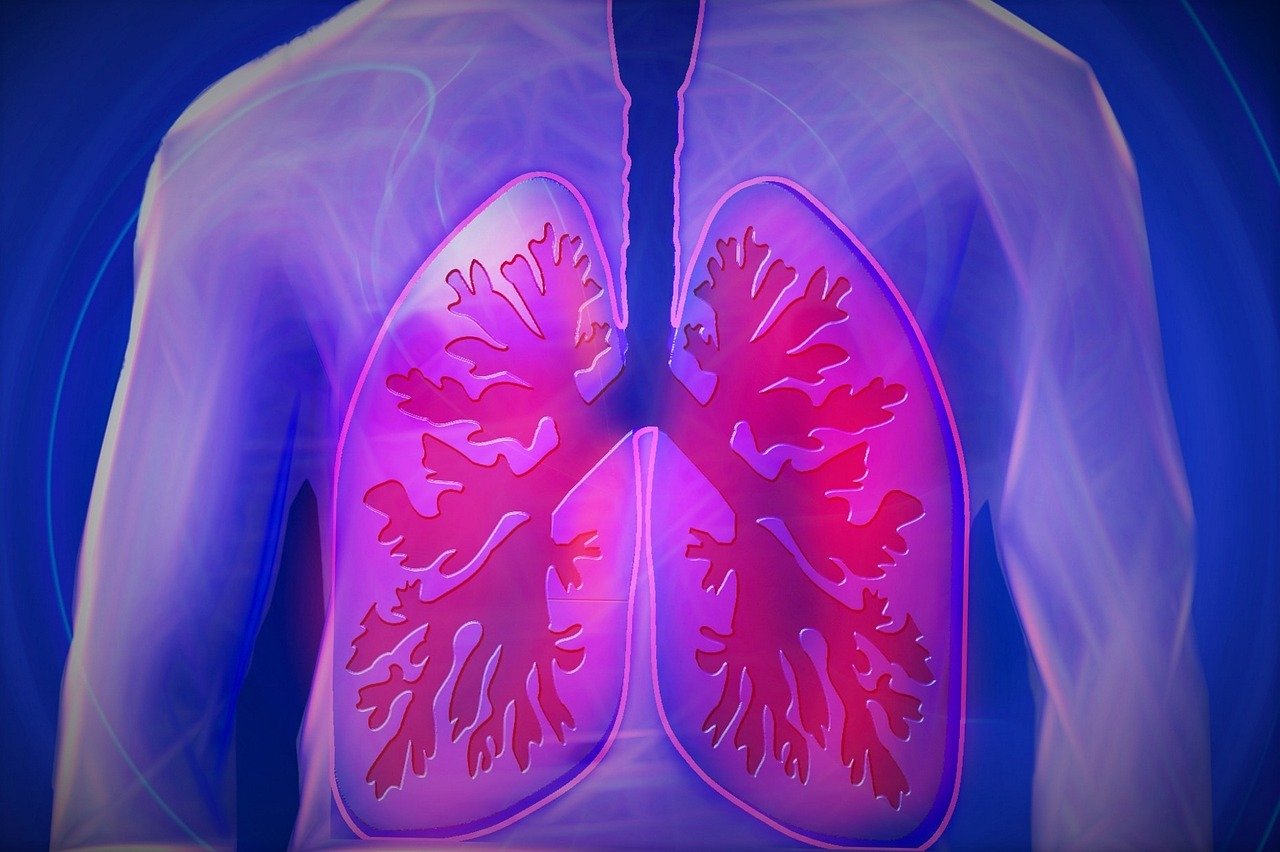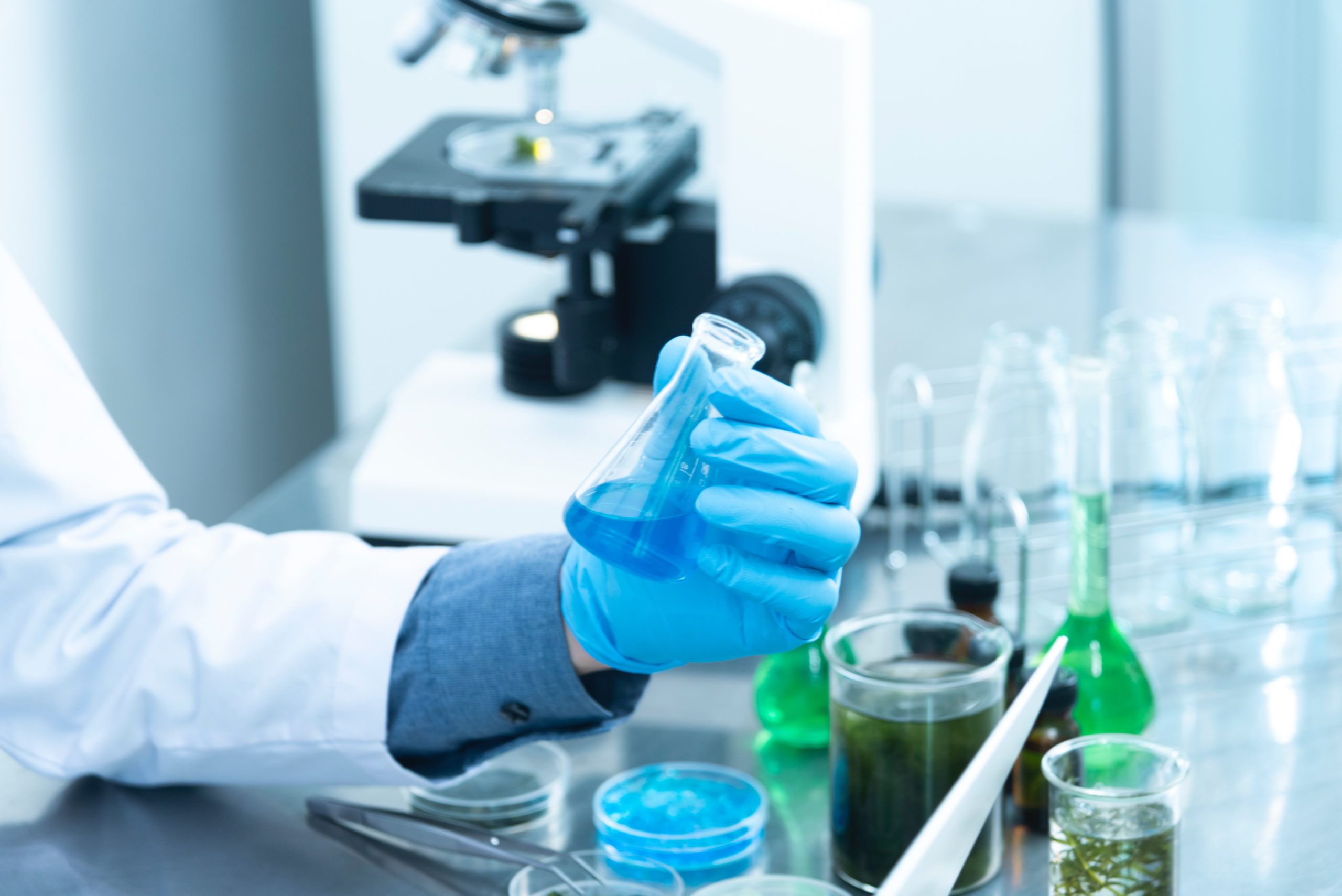With the COVID-19 pandemic reaching full storm in many places, including North America, there are countless efforts underway to develop drugs and vaccines to help combat the disease. While vaccines against SARS-CoV-2, the virus that causes the COVID-19 respiratory illness, will take longer to generate, the development and use of antiviral drugs is a more plausible approach in treating infected patients in the shorter term.
While anti-malaria drugs like chloroquine and hydroxychloroquine are being re-purposed and tested for COVID-19, many research groups are investigating new drugs that specifically target the SARS-CoV-2 virus.
A new drug that can deceive the virus into not infecting cells has been studied in laboratory studies led by researchers at the University of British Columbia (UBC) in Canada and European research institutes. The drug is now being tested in patients at ten different centers across Europe.
SARS-CoV-2 is composed of an inner RNA-containing core, which is surrounded by a protein coat that has outward protrusions on its surface referred to as spike (S) proteins. It has been shown that these proteins bind to the angiotensin-converting enzyme 2 (ACE2) protein on human cells. This binding is a critical first step in the virus’ entry process into cells.
In the lung, ACE2 is expressed on alveolar epithelial cells that line the airways, having the dual function of protecting the lung from injury, while serving as a prime attractant for the virus in the lungs. As the virus latches onto ACE2, the protein is internalized into the cell along with the virus, leaving the cell void of ACE2-mediated protection. This helps explain the detrimental impact of the virus on the lungs, which can lead to respiratory distress in more serious cases.
ACE2 is also found to be expressed in various extrapulmonary tissues including that of the heart, kidneys, blood vessels and intestine, which may explain the multi-organ dysfunction observed in patients infected with the virus. Strategies to block contact between ACE2 and SARS-Cov-2 could thus prove to be an effective therapeutic strategy for COVID-19.
Related: WHO Announces SOLIDARITY Megatrial to Test Treatments for COVID-19
Canadian researchers at UBC, along with collaborators at the University of Toronto and at research institutes in Vienna, Sweden and Spain, tested the application of a clinical-grade human recombinant soluble ACE2 (hrsACE2) compound called APN01 in the treatment of COVID-19 in in vitro studies.
APN01 acts as an ACE2 mimetic, attaching to the virus to prevent it from binding to ACE2 on cells. The drug has already been tested in Phase I and Phase II clinical trials, which would help fast-track it to a potential drug treatment for COVID-19.
In the study published in the journal Cell, the researchers showed that APN01 could significantly reduce viral growth in cell cultures treated with the drug. They found that the drug reduced viral replication in cells by “a factor of 1,000-5,000.” In addition, using engineered 3D tissue models from human stem cells called ‘organoids,’ the researchers showed that the virus can also infect blood vessels and kidneys.
Lead scientist on the study, Dr. Josef Penninger, who serves as head of the Life Sciences Institute at UBC, was one of the researchers that first identified ACE2 as the gateway for the virus into cells. Penninger has been working on SARS coronaviruses since the discovery of the SARS-CoV-1 virus that caused the SARS outbreak in 2003, having helped identify ACE2 as a receptor for the viruses, insight into their structure and mechanisms of infection.
With respect to the current study findings, Penninger is hopeful of the results saying that, “The virus causing COVID-19 is a close sibling to the first SARS virus,” and that, “We know that a soluble form of ACE2 that catches the virus away, could be indeed a very rational therapy that specifically targets the gate the virus must take to infect us. There is hope for this horrible pandemic.”
Apeiron Biologics conducted the Phase I and II trials of APN01 and reported that the drug has a favorable safety profile and is well-tolerated. It has now received regulatory approval from agencies in Austria, Germany and Denmark to conduct a Phase II clinical trial of APN01 for the treatment of COVID-19. The trial commences today (April 9) and includes 200 patients with more severe cases (but not late stage disease) of the illness.
As a targeted therapeutic agent, researchers are hopeful that the drug will prove to be beneficial to patients clinically by blocking the ability of the virus to infect cells to ultimately reduce viral load.












Join or login to leave a comment
JOIN LOGIN